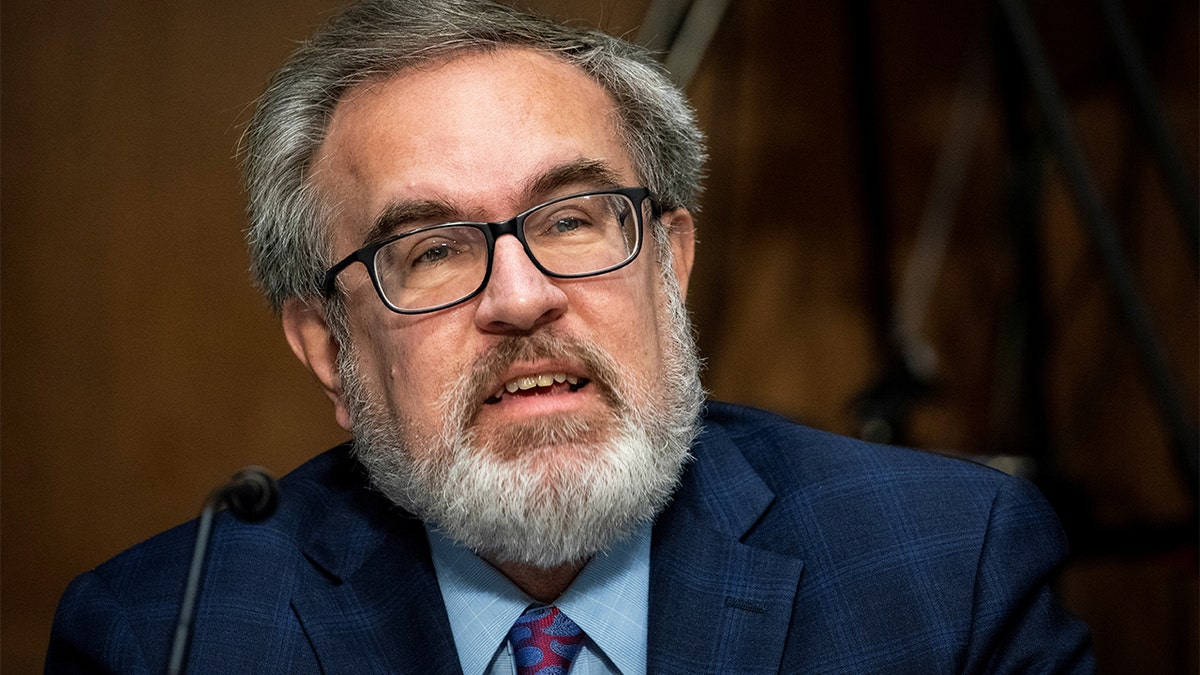Fox News Flash top headlines for December 22
Fox News Flash top headlines are here. Check out what's clicking on Foxnews.com.
The Environmental Protection Agency on Tuesday announced a new rule that will speed up how it notifies homeowners and buildings when they have been exposed to lead-contaminated water.
EPA Administrator Andrew Wheeler was joined by Flint, Michigan, Mayor Sheldon Neely at the virtual conference to make the announcement. Wheeler said the new "lead and copper rule" would close loopholes in previous regulations and protect children and communities from lead exposure.

Andrew Wheeler, Administrator of the Environmental Protection Agency (EPA), speaks during a Senate Environment and Public Works Committee hearing, on Capitol Hill in Washington, DC. (Reuters)
"For the first time in nearly 30 years, this action incorporates best practices and strengthens every aspect of the rule, including closing loopholes, accelerating the real world pace of lead service line replacement, and ensuring that lead pipes will be replaced in their entirety," Wheeler said.
The EPA administer explained that occupants of older homes and buildings are particularly at risk to lead exposure. He noted that lead exposure for young children can lead to "irreversible and lifelong negative health effects including decreased IQ, focus, and academic, achievement."
The new rule requires utilities to notify customers of high lead concentrations within 24 hours of detection – down from 30 days. It also requires more stringent testing for lead in elementary schools and childcare facilities.
"The new LCR represents a turning point in actions to reduce lead in this nation’s drinking water. It builds on the leadership of cities and communities across the country. It is a historic action reduce exposure to the lead in our environment and to better protect our and children and our future generations," he said.
Environmentalists, however, criticized the update as not going far enough in removing lead pipes. In communities where high lead levels are found, utilities must replace 3% of lead water lines – down from its previous requirement of 7%.
CLICK HERE TO GET THE FOX NEWS APP
"If you have the change to make the first major revisions in 30 years, you need to really solve this problem," Suzanne Novak, an attorney for Earthjustice, told Reuters. "The EPA should speed up replacements of lead pipes, not slow them down."








































